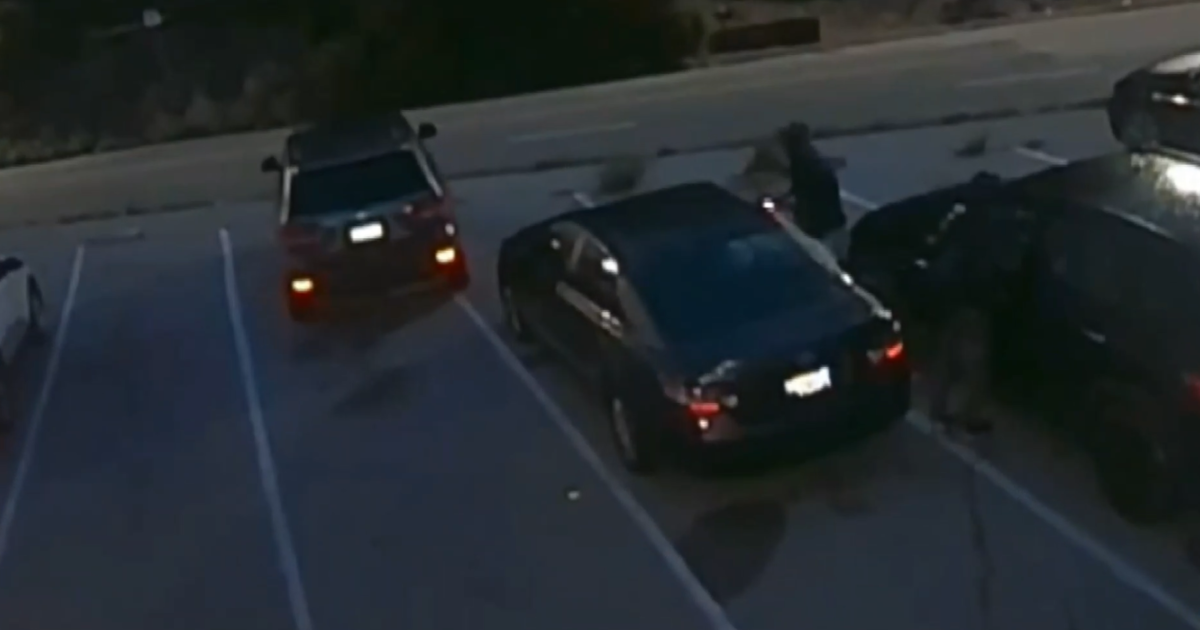Women Less Likely Than Men To Get CPR From Bystanders, Study Suggests
ANAHEIM (AP) — A new study suggests that women are less likely than men to get CPR from a bystander and are more likely to die. Researchers think that reluctance to touch a woman's chest in public might be one reason.
The study involved nearly 20,000 cases around the country of cardiac arrest, where the heart suddenly stops beating. Only 39 percent of women suffering one in a public location were given CPR versus 45 percent of men, and men were 23 percent more likely to survive.
Rescuers may fear touching a woman's breasts, but proper CPR doesn't involve that. It requires pushing hard and fast in the middle of the chest between the breasts.
The study was discussed Sunday at an American Heart Association conference in Anaheim.
KCAL9's Jeff Nguyen spoke to parents Crystal Gudino and Manuel Delarva who say they have been thinking of learning CPR in the event their daughter ever had a medical emergency.
But Delarva says he might be apprehensive when it comes to using the life-saving technique on an adult woman he might not know.
"The way things are now," he says, "you know, you can get taken out of context. You're doing CPR and people think it's something else."
The study's author, Audrey Blewer, says prompt delivery of CPR can double a victim's chance of survival from sudden cardiac arrest.
Researchers say they haven't pinpointed the exact reason women are less likely to receive CPR but Diana Mendoza believe it's gender bias.
She says people are worried about lawsuits dealing with sexual assault.
Blewer believes if people learn CPR using practice dummies with female parts it might help those who are feeling squeamish about helping women.
Gudino says that knowing women are less likely to get help when they need is more incentive to learn CPR and not just for her daughter.
"My parents. Even ourselves or anubody," she says, "Even a stranger. You know if you see them there, you're not going to let them die."
According to the American Heart Association, California has the Good Samaritan law -- which protects you legally when it comes to CPR.
For a link to the American Heart Association's CPR instructional video click here.
(© Copyright 2017 The Associated Press. All Rights Reserved. This material may not be published, broadcast, rewritten or redistributed.)



